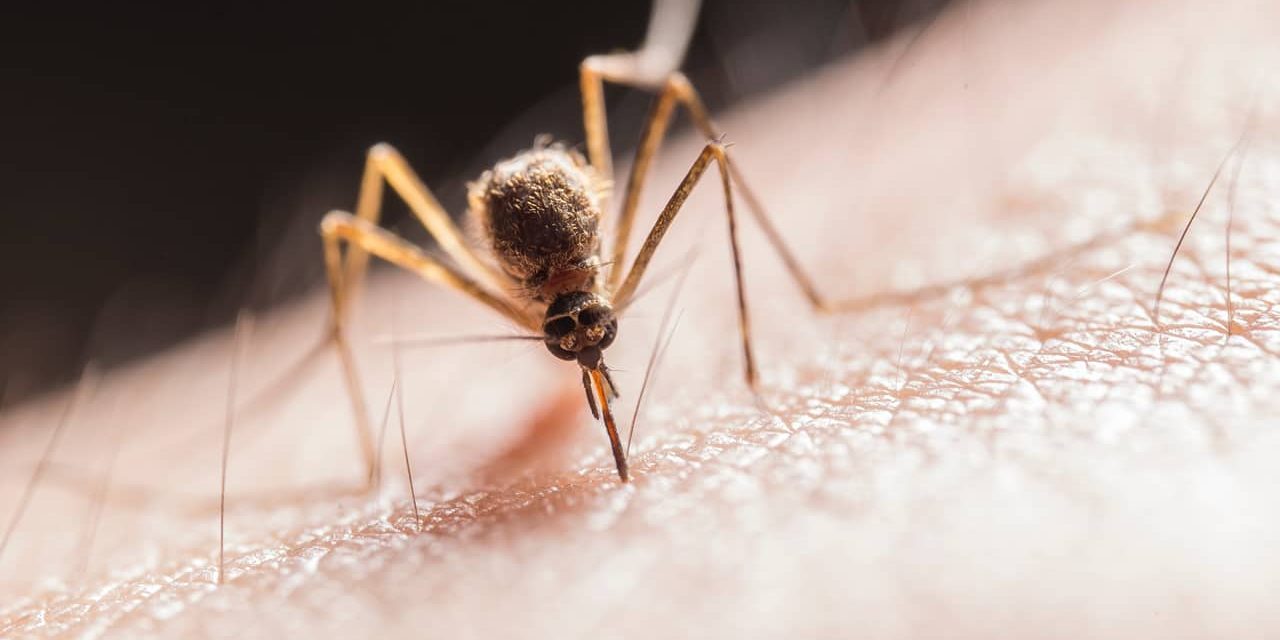City of Hamilton to apply larvicide around public areas in bid to prevent West Nile Virus
Published May 23, 2023 at 11:00 am

Despite a “low” threat of the West Nile Virus, the city has scheduled the application of larvicide starting June as officials continue to monitor mosquito larvae in standing surface water on Hamilton’s public property.
“When such monitoring indicates that there is a need for mosquito control, application of larvicide may be required in order to prevent larval development into vectors of West Nile Virus,” the City of Hamilton Public Health Services announced in a press release on Tuesday, Oct. 23.
The city said the application of larvicide may start as early as June 1 and end as late as Oct. 31. The larvicides will be placed in standing surface water and catch basins of storm drains on city streets and selected public properties.
“It is early in the season and at this point, Hamilton Public Health Services classifies the risk level as low,” said the department in an emailed statement to inthehammer.com on Tuesday, May 23. “Larviciding is completed three times a season to reduce mosquito populations. The risk level would increase if there was a positive mosquito pool and/or a human case(s).”
Hamilton Public Health Services said since the larvicides are “low-impact pesticides,” they won’t be harmful to lakes, rivers and drinking water.
In catch basins, it said an insect growth regulator will stop mosquitoes from becoming breeding, biting adults. “It is target-specific and will not affect fish, waterfowl, mammals or beneficial predatory insects,” according to the department.
In surface waters, it added that “biological insecticide are spores that are eaten by mosquito larvae and releases toxins into the mosquito’s gut, causing the larvae to stop eating and die.”
The application will be carried out by licensed applicators or trained technicians under permit from the Ontario Ministry of Environment Conservation and Parks, according to the city.
Seniors, people with weak immune systems most at risk
The city reportedly last confirmed a West Nile Virus case in a human in September 2022. It hasn’t reported a human death from the virus since it began collecting surveillance data in 2016.
The virus spreads when a mosquito feeds on the blood of an infected bird, according to the city. Less than one per cent of those with West Nile Virus develop serious illness. Seniors and those with weakened immune systems are most at risk of becoming severely ill from the virus. There is no specific treatment or vaccine for West Nile virus.
“Generally speaking, West Nile Virus is typically mild and not contagious, with only about 20 per cent of individuals experiencing symptoms such as fever, headaches, body aches, nausea vomiting or rash,” Hamilton Public Health Services said.
To prevent mosquitoes, residents are asked to remove standing water, such as from containers, flower pots or wading pools, at least once every seven days. People are advised to avoid cologne, perfume and scented body lotion when outdoors. Click here for more tips on how to prevent the virus.
insauga's Editorial Standards and Policies advertising






